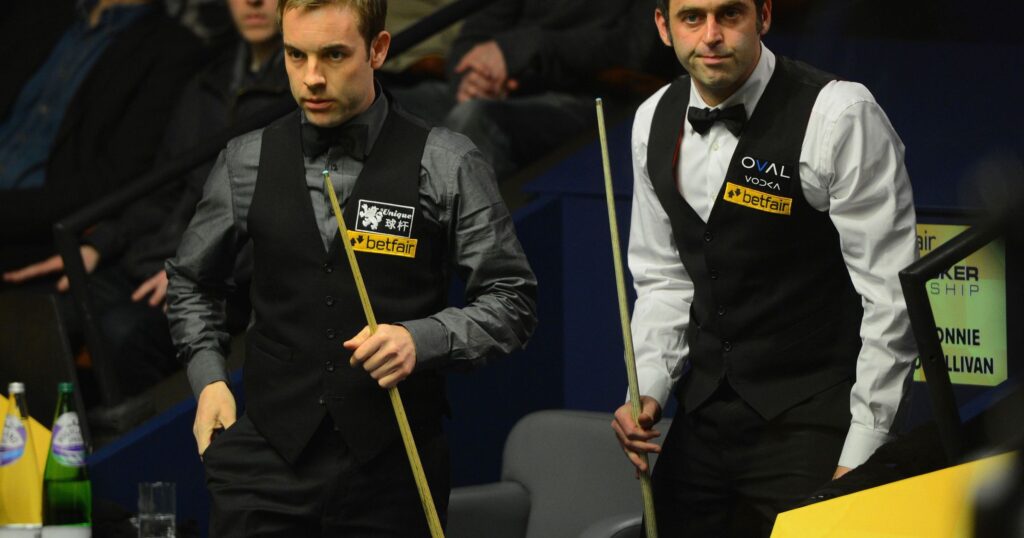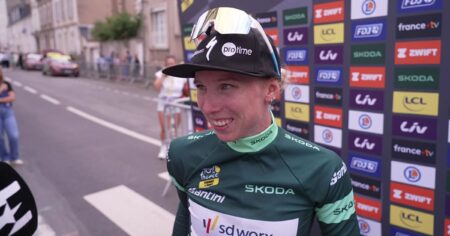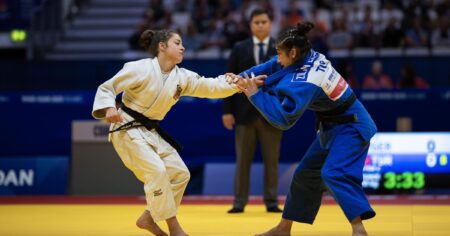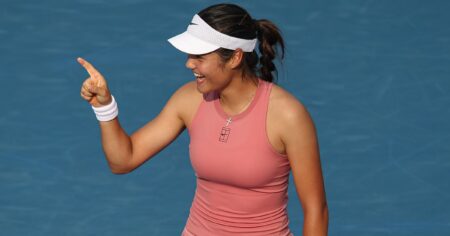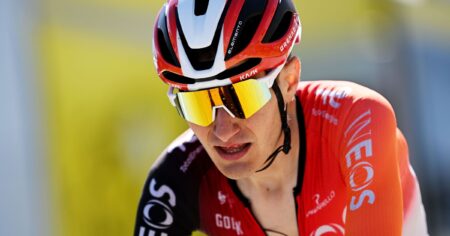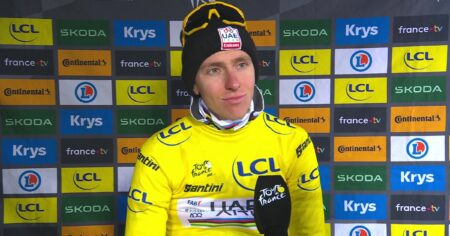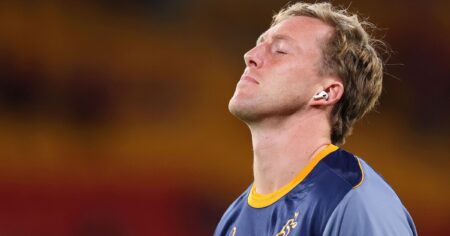It is quite intriguing how destiny operates, much like a celestial alignment or the flicker of Crucible light bulbs that illuminate a fiercely competitive snooker arena. In the heart of a high-stakes confrontation, one might expect luck to be a friend. Yet, for Ali Carter, who has to battle not just his rival but also the duality of fate and circumstance, the luck of the draw feels decidedly bitter. Carter finds himself thrust into a scenario characterized by tension and long-standing grievances, exacerbated by his previous victories during the qualifying rounds against Ian Burns (10-8) and He Guoqiang (10-5). This particular meeting takes him into the lion’s den once more as he prepares to face none other than Ronnie O’Sullivan.
O’Sullivan, affectionately dubbed “The Rocket,” is relishing his return to the hallowed grounds of the Crucible after a three-month hiatus. His career has been characterized by flashes of brilliance and chaotic flair, and this match promises to be no ordinary contest; historical antagonism hangs thick in the air. In an interview with TNT Sports, O’Sullivan expressed pride in maintaining a record of never missing a World Championship, signifying the weight he places on these prestigious matches. “I have many fond memories at The Crucible and look forward to making more in 2025,” he stated—with the anticipation palpable as he returns to the table sporting a new cue reminiscent of Paul Newman’s iconic Balabushka from *The Color of Money*. The call for “lights, camera, action” resonates through the arena as the two competitors from Essex prepare to renew hostilities on the green baize.
The rivalry between O’Sullivan and Carter is storied, encompassing not just snooker but also personal conflict ever since their first meeting. Their competitive encounters have been peppered with stress-filled moments, particularly during the 2024 Masters final at London’s Alexandra Palace, where tempers flared and accusations flew. O’Sullivan made an astonishing comeback to win, leveraging psychological and physical advantages. After the match, Carter did not hold back his disdain for O’Sullivan’s demeanor, calling it “disgusting” and indicative of a lack of respect. “No one wants to say anything, do they? Snotting all over the floor and all that,” he reflected. O’Sullivan’s incendiary response hinted at deep-seated issues between the two: “He can sit on it as far as I’m concerned. The more he brings it on, the more I f****** punish him every time.”
The history of the World Championship has been clouded by moments of tension shared between these two competitors. The narrative stretches back two decades to their first encounter in 2005 when O’Sullivan emerged victorious. However, their 2018 clash brought the house down—not for its sporting excellence but for an unsettling confrontation that left spectators agog. The exchange turned physical, demonstrating just how combustive this rivalry can be; Carter’s triumph in that match marked a significant milestone as it was his first and only win against O’Sullivan in their ensuing 21 encounters.
A glance into their past matches reveals an ongoing narrative where ego and athleticism collide. The 2020 Northern Ireland Open semi-final saw the rivalry continue to simmer, with O’Sullivan dismissing Carter’s claims regarding a supposed apology. “The apology they say that I said was definitely not an apology,” he remarked, signaling the complexity of their relationship. The animosity reached a boiling point when their contest in the World Championship saw Carter offer what he deemed a ‘measure of revenge’ for previous losses.
Equally notable was the uneventful semi-final of the 2020 World Championship against Mark Selby. Selby, known for his tactical acumen, struggled against O’Sullivan’s aggressive style, leading to a match steeped in controversy as both players clashed over O’Sullivan’s audacity to hit the balls at breakneck speed. “It just felt a little disrespectful to me and the game,” Selby noted, echoing feelings common in the competitive circuit concerning O’Sullivan’s sometimes outlandish behavior at the table.
Amidst this ongoing narrative stands the mythic figure of Stephen Hendry, who ushered in an era of dominance in the sport. O’Sullivan’s rivalry with Hendry in the 2002 World Championship semi-final established the foundation for the competitive fires that continue to ignite the sport. Their encounters encapsulate a thrilling paradox; as much as they contend, it is the respect they carry for one another’s craft that lingers beneath the surface of their battles. O’Sullivan, while critical of Hendry’s methods, acknowledged the pivotal role he played in shaping his journey.
Ultimately, the essence of snooker lies not solely in statistics or victories; it thrives on the drama infused by rivalries, the deeply human experiences registered in each frame, and the stories of redemption and rivalry that are played out





